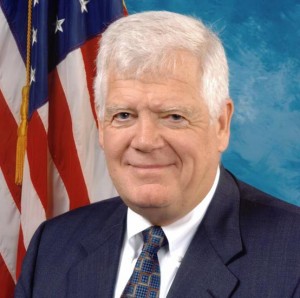Last week Jim McDermott wrote an op-ed in Roll Call on the TPP in which he warned that the U.S. proposal for intellectual property in the TPP could “cost millions of lives in developing countries.” McDermott wrote that the proposal extends patent monopolies on pharmaceuticals further than TRIPS: “It would extend patents beyond the current 20-year norm and block national regulators from using existing clinical trial data to approve the production of generic or “bio-similar” drugs. Alarmingly, the proposal also outlaws ‘pre-grant opposition’ that allows doctors and patients to provide information to their governments about patents they believe do not meet national rules, an important democratic safeguard. The proposal also requires the patenting of new versions of old medicines, even when the new versions offer no additional therapeutic benefits. It even requires patenting of surgical, therapeutic and diagnostic methods, which not only is unethical but also could increase medical liability and the cost of practice.”
In Malaysia, however, U.S. State Department personnel defended the TPP. Paul Brown, Counsellor for Economic Affairs at the US Embassy, in Kuala Lampur, wrote a letter to the editor of the Malaysian Insider defending the U.S. proposal for intellectual property in the TPP. He said that there has been “a significant amount of confusion” about the contents of the trade agreement, and that it is untrue the provisions would block the sale of generic medicines. “Nothing that has been proposed in TPP would constrain the Malaysian government from subsidising medicines, negotiating pricing, or promoting greater competition to reduce prices.”
Fifa Rahman, Policy Manager for the Malaysian AIDS Council, wrote a response to Brown’s letter. She pointed out that the U.S. is expected to table text in the upcoming Malaysia round requiring 12 years of data exclusivity for biologics needed to treat ailments like cancer and Hepitis C. If this provisions is included in the final text, then “for 12 extra years, information about the original medicine will be protected from disclosure from generic medicine companies, making it significantly more difficult for them to produce more affordable bioequivalent copies that Malaysians need.”





